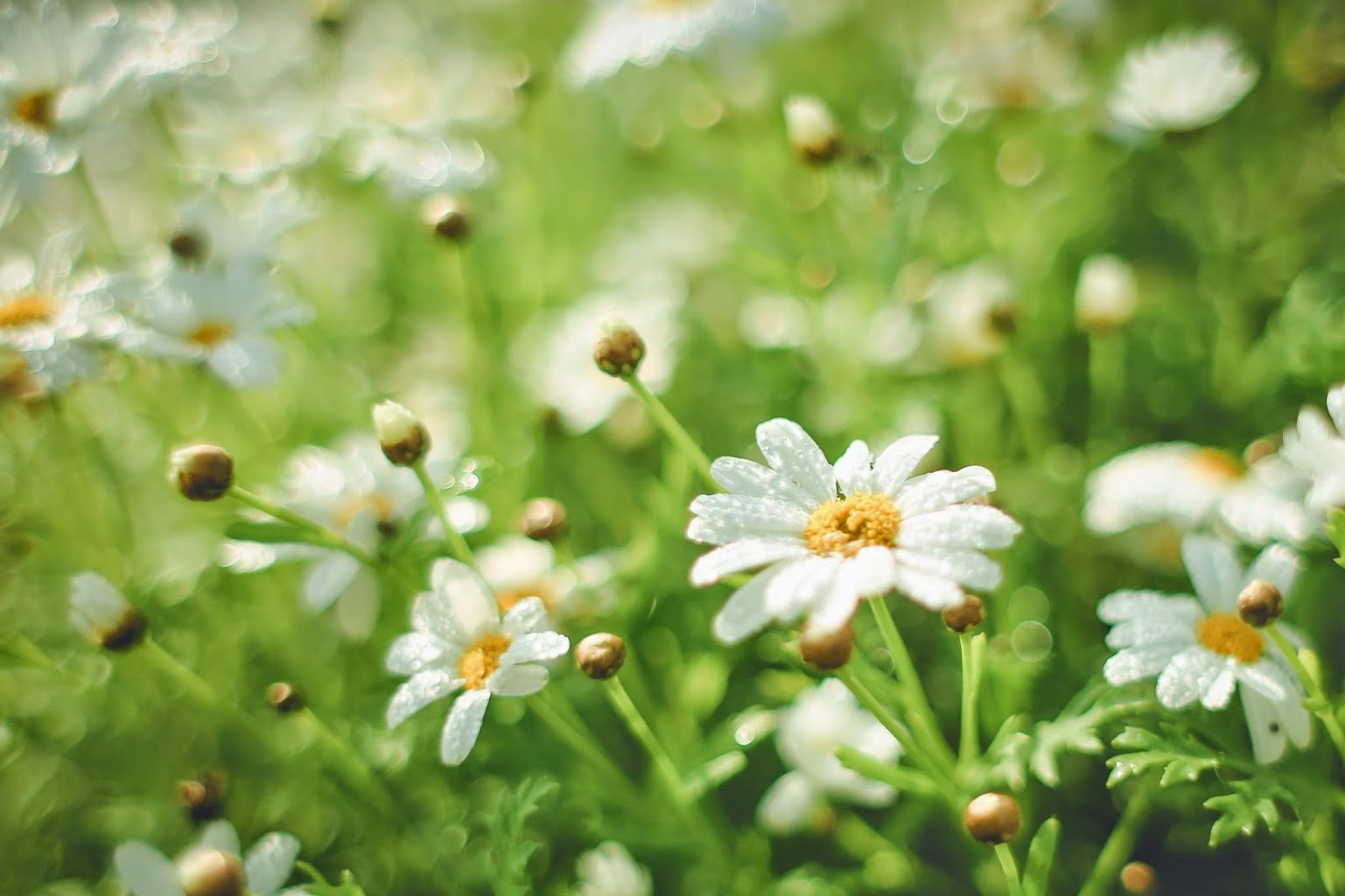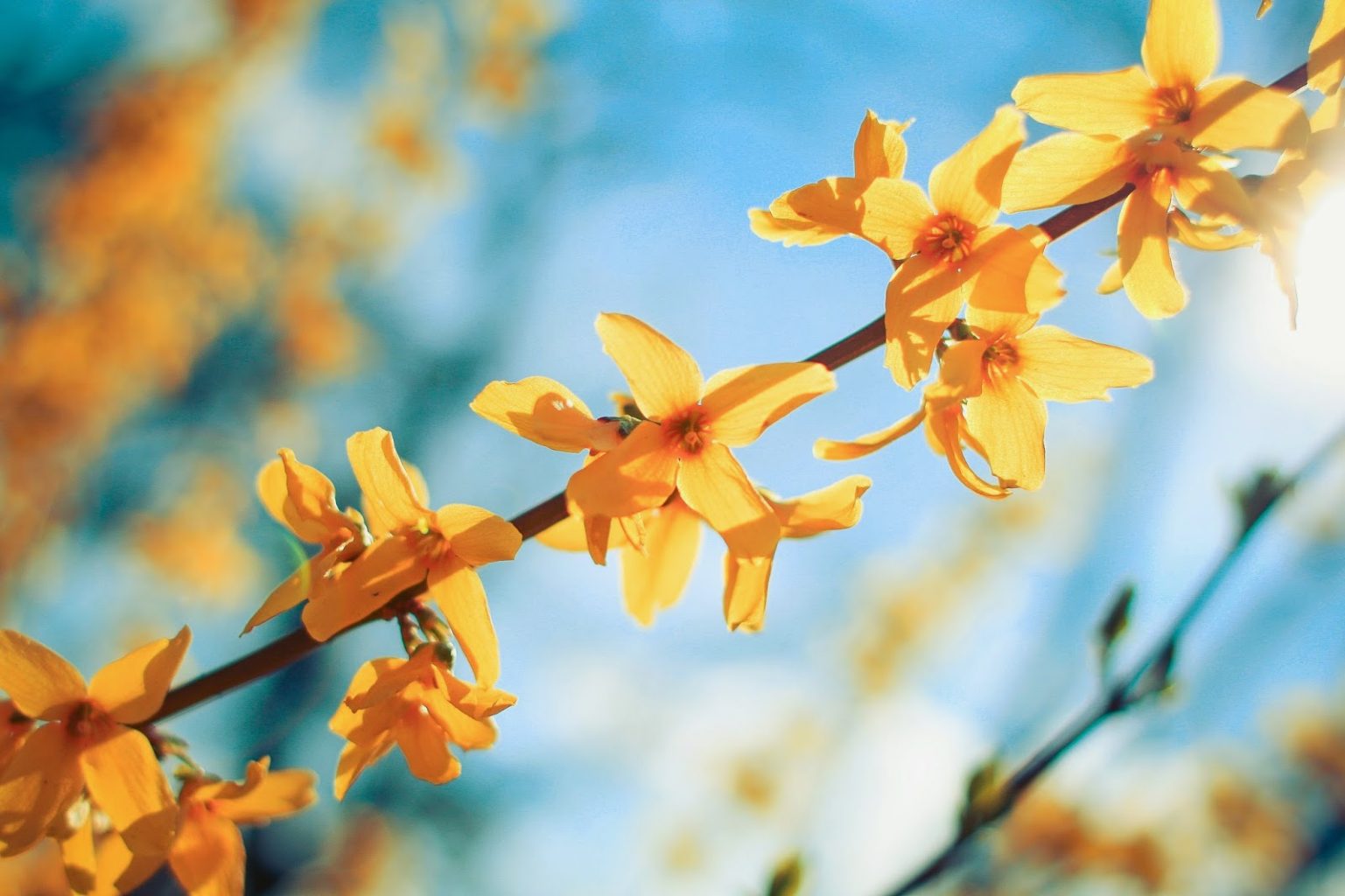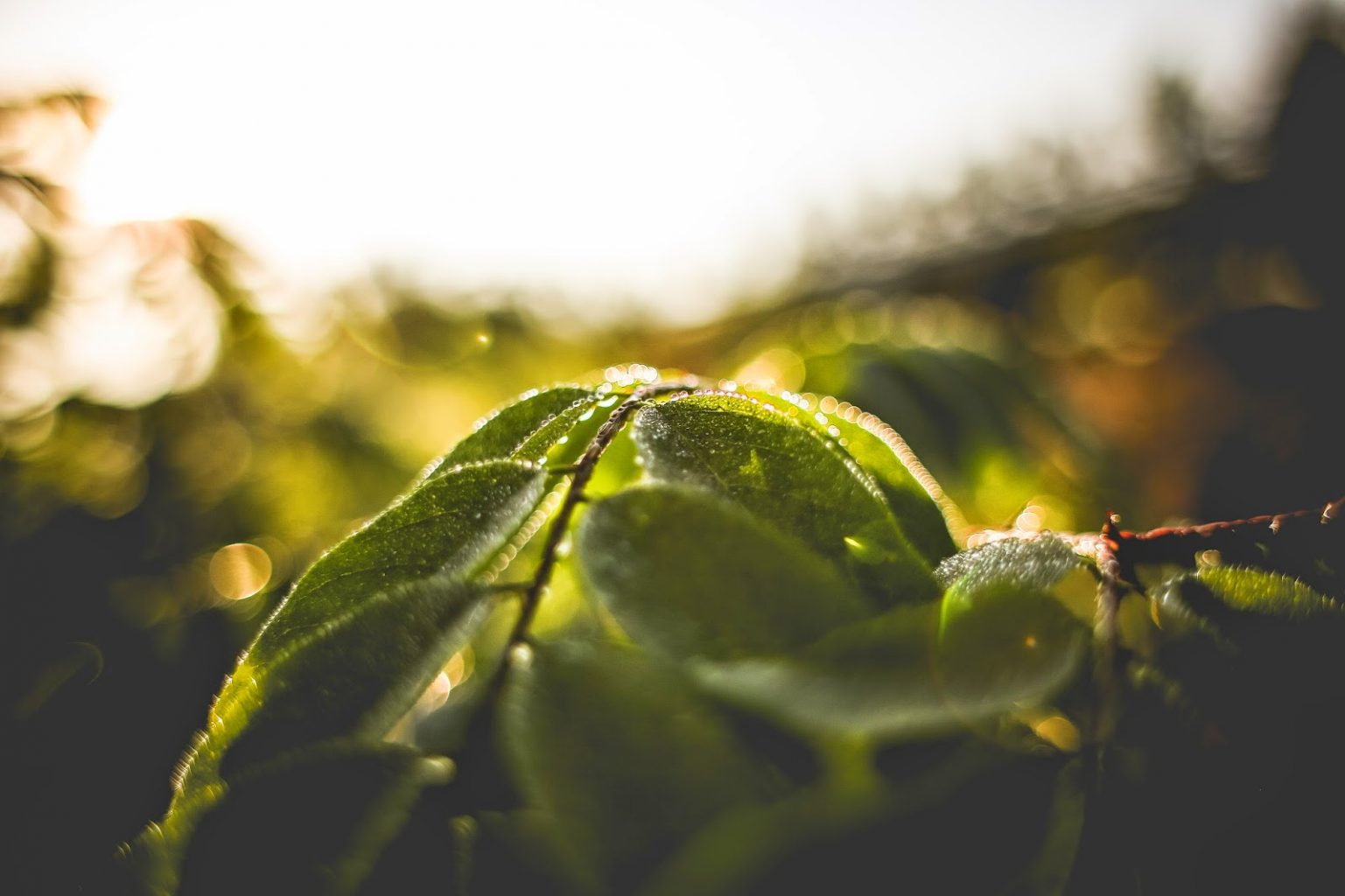Levin on The Joy of Retreating into Nature (Reasons to Read Anna Karenina, Part II)
I wrote last month about “literary retreats”, or novels about retreating into relaxing and recuperative settings that can’t help but calm us too.
Re-reading Anna Karenina by Leo Tolstoy has given me an interesting take on this – while the novel is often depicted as a romance or romantic tragedy (a little unfairly), there are essentially two sides to the story. There’s the better known affair of Anna and Count Vronksy, but there’s also the pure and uplifting love of Kitty and Levin. It’s this second partnership of Anna Karenina that becomes an ideal, or model of perfection, for so many readers.
I think that a large part of this model of perfection is Levin’s retreat into country life, or nature. We may aspire to roam the fields as he does, turn the hay with him in summer, and observe the seasons change. Good food, time for reading, and time spent outdoors is what his time is dedicated to.
At one stage of the novel Stepan Arkadych asks him, “Are you always in the country?” and, “I suppose it’s dull in winter?” to which Levin responds, ‘It’s not dull if you have things to do, and being on your own isn’t dull”. A nice summary, I’d say.
Here are some of the lessons that Levin gives us about the joy of escaping into nature, with quotes sourced from Rosamund Bartlett’s exciting new translation of the novel.
What we can learn from Levin’s retreat into nature
1. Levin spends time with his dog, Laska, and learns from her state of bliss
And as a sign that everything was now all right in the world, she opened her mouth a fraction, and after arranging her sticky lips better around her old teeth, smacked them and settled down into a state of blissful rest. Levin watched these last movements of hers closely. ‘I’m just the same!’ he said to himself; ‘Just the same! Never mind… All is well.’
2. He remains mindful and notices the changes in the seasons
Meanwhile spring arrived—a beautiful, kind-hearted spring, without spring’s usual promises and deceptions, and one of those rare springs which plants, animals, and people rejoice in together. This beautiful spring energized Levin even more, and hardened his resolve to make a complete break with the past…
3. Levin retains a full life, despite, or because of, his solitude
In spite of his solitude, or because of it, his life was extremely full, and it was only occasionally that he experienced an unsatisfied desire to communicate the ideas wandering round his head to someone other than Agafya Mikhailovna, although he often ended up discussing physics, agricultural theory, and especially philosophy with her; philosophy was Agafya Mikhailovna’s favourite subject.
Spring is the season for plans and proposals.
4. He keeps his eyes open to the beauty around him, even when things are going badly
Invisible larks burst into song above the velvety green shoots and the ice-covered stubble, peewits sent up plaintive calls over wetlands and marshes still sodden with murky, stagnant water, and up on high cranes and geese flew past with their spring cackle.
5. Spending time outside is his priority
If Levin was happy in the cattle-pens and in the farmyard, he became happier still in the open country. Swaying rhythmically along with the ambling pace of his trusty little horse, drinking in the warm, fresh scent of the snow and air as he rode through the wood, over soft, fast disappearing snow that was covered with tracks, he rejoiced in every one of his trees, with their swelling buds and the moss reviving on their bark.
6. He stays in the moment and cultivates gratitude, rather than grieving over loss
“You’re a lucky man. You’ve got everything you love. You love horses—you’ve got them; dogs—got them; shooting—got that; farming—got that.’ ‘Maybe it’s because I enjoy what I have, and don’t grieve over what I don’t have,’ said Levin, remembering Kitty.
Have you read Anna Karenina and felt calmer after reading Tolstoy’s descriptions of nature?
Perhaps you’ve read another novel that’s helped you to escape into nature in order to reduce anxiety. Some of my favourites are listed on LitTherapy, my other website, and include The Gift of Rain by Tan Twan Eng and Leaves of Grass by Walt Whitman.
Enjoy more from me
- Retreat into my new book, Your Life in Bloom: Finding Your Path and Your Courage, Grounded in the Wisdom of Nature.
- I'm also the author of Mountain Song: A Journey to Finding Quiet in the Swiss Alps, a book about my time living alone by the mountains.
- If you love books, are feeling a little lost right now, and would love some gentle comfort and guidance, join The Sanctuary, my seven-day course to rebalance your life.



